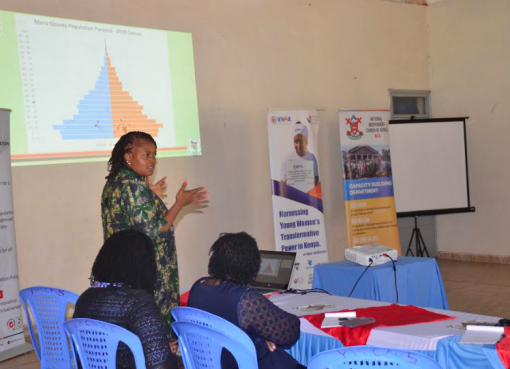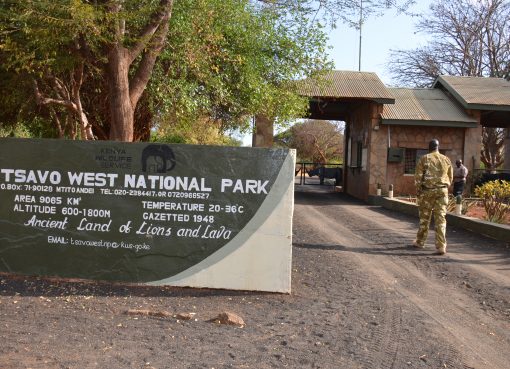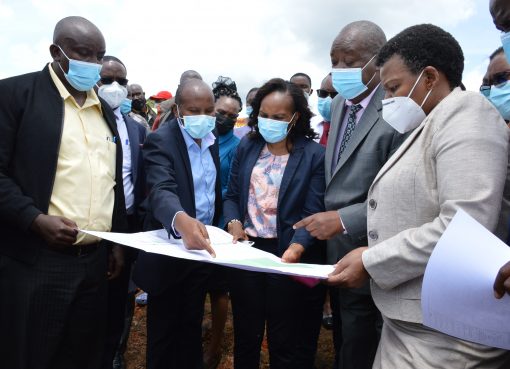Most teenagers in Kisumu County got impregnated through forced sex by close relatives as the lockdown precipitated by Covid-19 took effect.
The victims suffered at the hands of people they trusted most with their lives including uncles, aunties, stepfathers and cousins.
Stakeholders noted that acts committed through such incest could not be attributed to consensual sex with damning revelation that many got infected with HIV.
This revelation came to the fore Tuesday during the inaugural meeting of the Multi-Sectoral Coordinating Committee transitional phase from County Aids Control Committee to streamline it with devolution in the 47 counties.
Chaired by Rose Nyakwara and Steve Kathaka (Secretary), the committee said the Triple threat of new HIV infections, teenage pregnancies as well as Sexual & Gender Based Violence (SGBV) remained the ‘elephant’ in the house.
The duo said the National Syndemic Control Council (NSDCC) launched the nationwide campaign with a view to ending the triple threat cases among adolescent girls and young women.
“The teenage pregnancies are a proxy-indicator that leads to new HIV infections as well as Sexual & Gender Based Violence (SGBV) which partners in the health sector have prioritized going forward,” explained Kathaka of the NSDCC.
Kathaka said the 12, 723 total number of teenage pregnancies in Kisumu County among those aged 15 – 19 years by 2021 was quite high and so a warning sign that proper and deliberate intervention should be taken fast.
Kisumu is among the high baggage counties in terms of having 15.6 per cent new HIV infections, 8.5 per cent teenage pregnancies against a projection of below 5 per cent, hence the plans by the committee to engage the County Commissioner, DCCs and Chiefs.
“However, a major concern for a section of the committee members was the fact that some chiefs decided to cooperate with the perpetrators to destroy such cases before prosecution,” he stated.
Even so, Kathaka warned that such ‘kangaroo’ courts should not be allowed to thrive as the culprits were left off the hooks only to brag among their respective community members that they were untouchables.
Pastors and Imams among other religious leader were urged to caution the faithful, and especially to discourage men against turning into pedophiles who engaged in sex with children to keep off, go for mature women or wait to be locked up.
The members were also informed that GBV remains a crime often committed against victims with untold damage that is irreversible and with far-reaching consequences.
Those singled out for psychosocial support are the police officers and the armed forces personnel with the GBV ‘epidemic’ attributed to stress, a risk factor as most of the time they are armed with dangerous weapons.
“These are some of the sets of population in need of psychosocial support. Physical, sexual, emotional and psychological violence are the key forms that must be tackled fast through counseling,” he explained.
The forum was told that Global Fund and partners prioritized Voluntary Medical Male Circumcision (VMMC) which reduces chances of getting HIV by 65 per cent for funding and is set to be used as an entry point for Health Education.
“However, the donors’ focus has now shifted to adults, more so married couples where HIV and SGBV thrives. This will be done alongside other measures such as condoms and abstinence,” revealed Kathaka.
VMMC will contribute immensely to curbing the Human Papilloma Virus that causes cancer and often hides beneath the foreskin of the uncircumcised. “The minor surgery will also make our ladies sex lives better,” he argued.
Kathaka said the committee is set to train 72 VMMC Champions in Kisumu to spearhead the programme ahead of 2022 World AIDS Day celebrations set for December with focus on the Triple threat.
Recently, Health Principal Secretary (PS) Susan Mochache while launching the “Triple Threat” programme in Meru termed the three vices a silent threat to the nation, especially among the youth who are our future generation.
Mochache said it was unfortunate the country was losing 5000 young people with great potential annually to HIV and most of the time they were victims of circumstances like rape with 75 per cent of the population under threat.
Mochache revealed that Kenya was spending Sh25.4 billion every year to cater for Anti-Retro-Viral Therapies (ARTs) and HIV testing, money that could boost our economy elsewhere.
By Joseph Ouma




